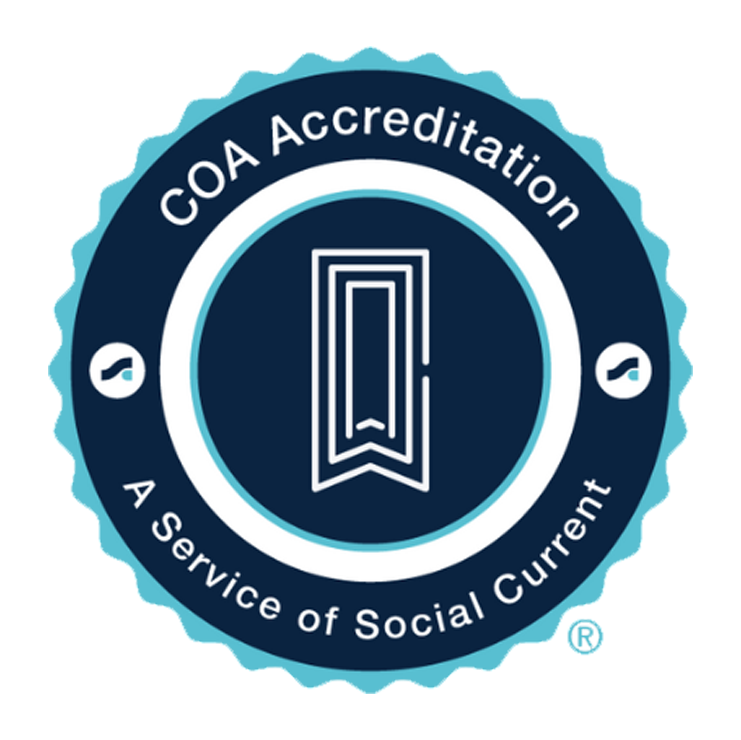A home study for adoption and/or foster care is a comprehensive report about your family, created by a social worker over a period of two to five months. This process involves the collection of various documents, answering numerous questions, and reflecting on your reasons for adopting or becoming a foster parent. Through multiple home visits and interviews, the social worker gains a thorough understanding of your family's life and dynamics. The home study serves as a crucial tool in the decision-making process for both the prospective parents and agency staff. It not only assists in matching your family with a child who would seamlessly integrate into your household but also aids in determining whether this is the opportune moment for your family to embark on the journey of adoption or foster care.
In Ohio, a family's home study collects the following information:
Autobiography/Family History
Health Assessment
Financial Review
This segment may involve social workers asking questions about your family's history, your perspectives on discipline, cherished childhood memories, or deepest fears. Many enjoy this part of the home study, as you discuss yourself and your partner's life stories.
Neighborhood and Community Insights: You'll describe the area where you live, including the quality of local schools your child might attend, your interactions with neighbors, and community resources available.
Legal and Criminal Background Checks
References
A health examination is required, and you'll discuss any existing health conditions and how they're managed. Conditions that significantly affect life expectancy might impact the adoption process, but most health issues are not barriers to adoption.
Proof of financial stability to support an additional family member is necessary. This might include pay stubs, tax returns, and information on savings, insurance, investments, and debts. A detailed worksheet will help outline your expenses, such as housing, vehicle payments, and credit accounts.
Home Visits and Interviews
If You Have Other Children
Mandatory Training
Conclusion
Ohio mandates background checks for criminal history and child abuse records. Past misdemeanors might not be an issue with proper context, but felonies related to child endangerment, domestic abuse, or illegal substances could disqualify you.
Three to four references will need to provide letters vouching for your character. Select individuals who know you well and have seen you in various settings, including with children or your partner. Negative feedback or concerning criminal records from references could impact the approval process.
These allow the social worker to review your application details, assess your home for safety, and get to know you better. A tidy home is necessary, but perfection is not. The worker will want to see the prospective child’s room and may discuss emergency safety plans.
The social worker will inquire about your children’s interests and academic performance. They might also interview your children to gauge their feelings about welcoming an adopted sibling.
Ohio requires training for all prospective adoptive and/or foster parents. This education is crucial for understanding the needs of children awaiting adoption and assessing what child(ren) you could most effectively parent.
While the home study process may feel thorough and lengthy, its purpose is to ensure the right fit for adoption, prepare your family, and ensure a safe and nurturing environment for the child. Flexibility and humor are invaluable traits in parenting and can ease the home study experience. By working collaboratively with your social worker, this process becomes a significant learning journey, setting the foundation for successfully parenting the child who will eventually join your family.
The Home Study Process Explained by Caring For Kids, Inc
Recent Posts
















1100 Graham Road Circle, Stow, OH 44224
Akron
5300 E. Main Street, Suite 103 Columbus, OH 43213
Columbus
1 Park Center Dr. Suite 101 B Wadsworth, OH 44281
Wadsworth
206 S Meridian Street, Suite A Ravenna, OH 44266
Ravenna
© Caring For Kids,Inc. | All rights reserved | Confidentiality Policy



